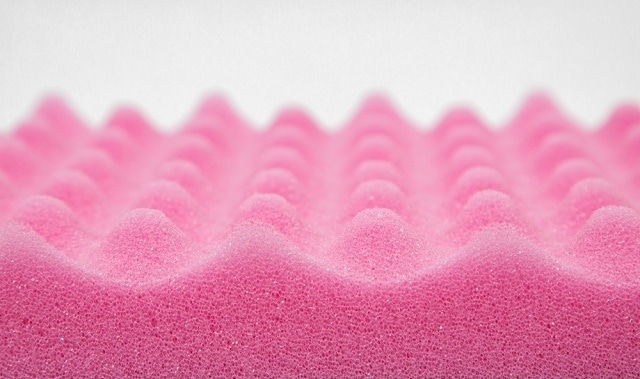Apr 15 2016
From stretchy spandex to cushy sofas, polyurethanes are widely used in several consumer products to ensure better comfort while walking, sitting, and sleeping. Once the products use has expired, most of these non-degradable materials are put on landfills. Reporting in the ACS Macro Letters journal, a team of researchers have discussed a potential way to decrease future waste - chemically recyclable foam produced from a novel sugar-based material.
 Image Credit: I AM NIKOM | Shutterstock.com
Image Credit: I AM NIKOM | Shutterstock.com
Polyurethane materials are known to be very versatile; they are adapted by manufacturers into cars, floors, electronics, and medical devices. These materials come from petroleum and there is limited efforts to recycle them. This has lead to large quantities of waste, so researchers are keen to discover more sustainable options. Marc A. Hillmyer and his team have devised an efficient technique to create a sugar-based rubbery polyester compound called poly (β-methyl-δ-valerolactone) or PMVL. This can be applied for use in new chemically-recyclable polyurethanes. The team then went on to produce flexible polyurethane foams using this unique polymer. These foams matched the performance of their commercial counterparts.
The researchers wanted to see if the new foams could be recycled, so they heated the materials to a high temperature after adding a catalyst. The team were able to retrieve nearly 97% of the initial β-methyl-δ-valerolactone (MVL) monomer with high purity during this process. The retrieved material was then re-used to make PMVL again with almost identical properties.
The research was funded by the University of Minnesota Graduate School and the National Science Foundation supported Center for Sustainable Polymers.